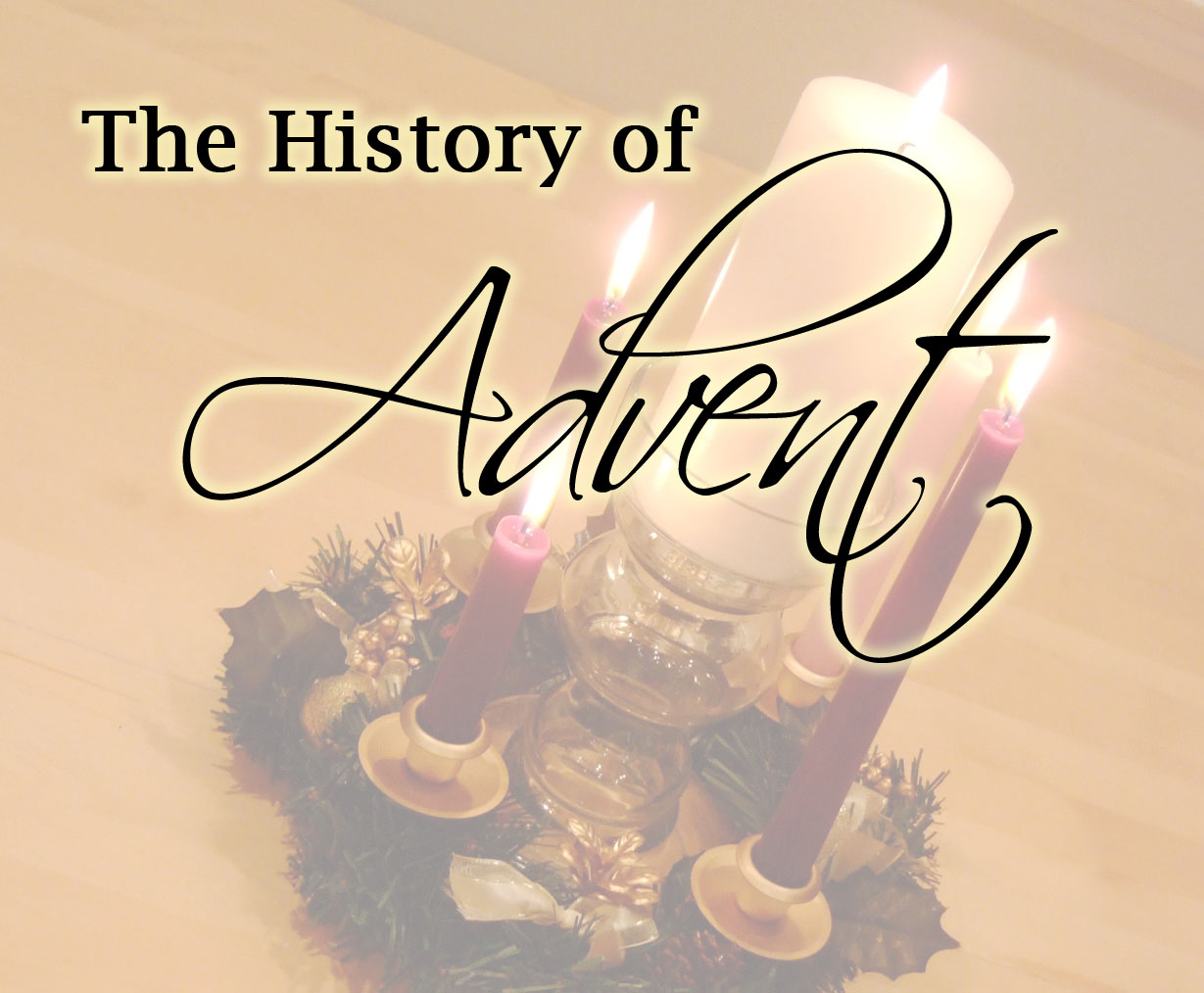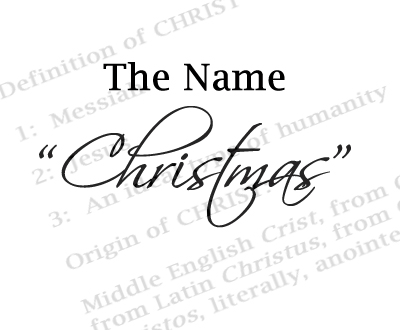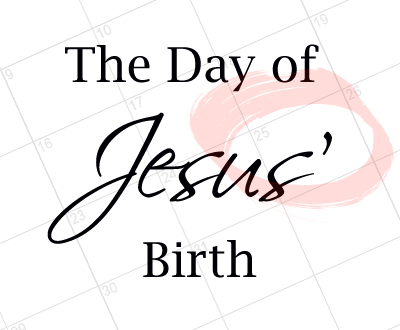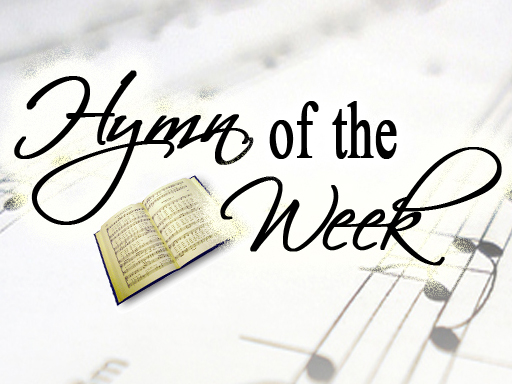Christmas History
Christmas is a celebration of one of the most amazing events in history — the birth of Jesus Christ, the day that God himself entered the world as a man. The Bible teaches that Jesus “being in very nature God . . . made himself nothing, taking the very nature of a servant, being made in human likeness” (Philippians 2:6-7). An account of Christ’s birth can be found in the gospels of Matthew (1:18-2:12) and Luke (1:1-2:20).

The liturgical year for western Christians begins on the first day of Advent (which is the fourth Sunday before Christmas). The term advent comes from the Latin word adventus, which means “coming.” In the Middle Ages, this term came to apply to a period of preparation for Christ’s birth (his “coming” into the world) on Christmas day.
The 12 days of Christmas are the days after Christmas that lead up to Epiphany (January 6th). The term epiphany comes from the Greek word epiphaneia which means “appearance,” “manifestation,” or “showing forth.” Western Christians generally celebrate Epiphany as the day the Wise Men first saw Jesus (when Jesus first “appeared” to them). However, throughout history, Christians have also celebrated Christ’s baptism and the miracle at the wedding in Cana on this day. For some Eastern Christians, Christmas Day is celebrated on January 6th.
There seems to be a common misconception that the 12 days of Christmas come before the holiday when in fact they are the 12 days after Christmas. In medieval times the period preceding Christmas used to be a solemn time of fasting, whereas the days after Christmas were the time of celebration.
To learn more about Christmas history,choose from the following pages:The Prophecy about Christ’s Birth |
This page was created by:

We welcome your ideas! If you have suggestions on how to improve this page, please contact us.
Information on this page was drawn from our featured Christmas book.
You may freely use this content if you cite the source and/or link back to this page.






